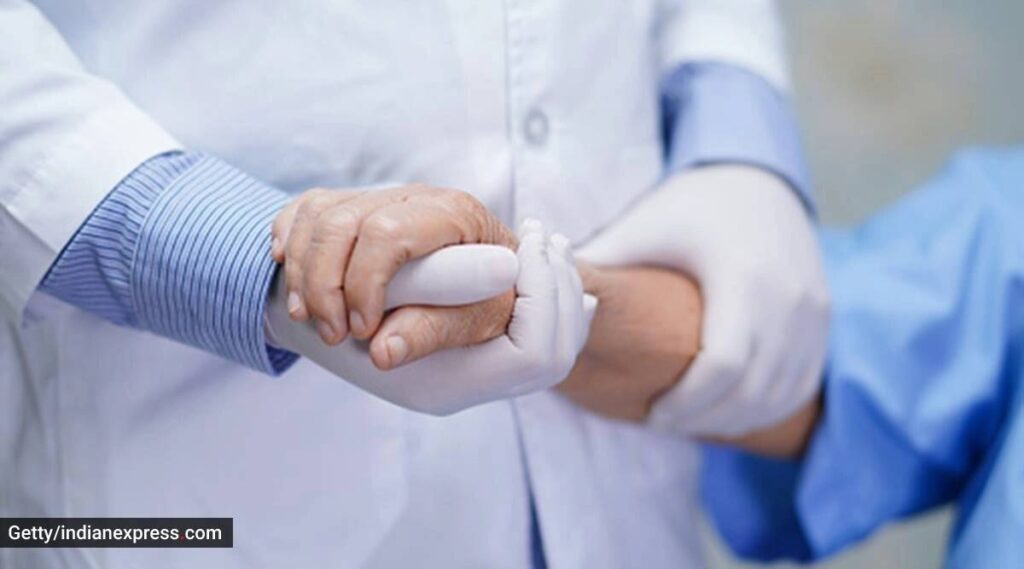The human body has a pair of kidneys on the posterior abdominal wall. It performs many vital functions. These include regulating body fluids, filtration of waste products and toxins from the blood, releasing hormones that regulate blood pressure, activating vitamin D to maintain healthy bones, and releasing hormones for erythrocyte production and blood mineral balance.
When dialysis fails, acute renal failure can lead to fatalities. Most people are unaware that kidney disease is a silent killer.
Symptoms of Kidney Diseases:
Symptoms do not appear until the damage is severe. Many common causes of kidney disease are diabetes, high blood pressure, and an unhealthy lifestyle. Recognizing symptoms is essential for early help and treatment. Below are the signs that you should not ignore;
- Changes in urinary function
The first symptom of kidney disease is a change in urine volume and frequency. There may be changes in urine quality. Normal pale yellow urine may also turn dark. There will also be a persistent urge to urinate. Frequent urges to urinate are one of the most common symptoms of chronic kidney disease.
- Dyspnea
Fluid can build up in the lungs and affect oxygen exchange due to severe kidney disease. Lack of oxygen can manifest as shortness of breath.
- Blood in urine
This symptom of kidney disease is a cause for concern. It can be a sign of prostate cancer or kidney damage. Consult the best nephrologist in Mumbai immediately.
- Foamy urine
Foamy urine occurs when protein leaks out of the body. It is a sign you should watch out for.
- Swelling and edema
The kidney removes waste products and toxins from the body. When this renal function is affected, waste products and toxins accumulate, causing swelling of the hands, feet, and ankles. It is also known as edema.
- Back and side pain
Back pain can be caused by polycystic kidney disease, swelling, inflammation or infection of the kidney, cysts, or cancer. The patient must report to a doctor for early treatment for acute kidney disease.
- Fatigue, anemia, weakness
The kidneys produce a hormone called erythropoietin, which helps red blood cells carry oxygen to different body parts. When it becomes dysfunctional, the production of this hormone and red blood cells is reduced. This condition causes anemia and weakens the body.
- Lack of concentration and dizziness
Anemia associated with kidney disease also reduces oxygen in the brain causing dizziness and poor concentration.
- Persistent cold
Blood in the urine can cause body tremors. Persistent colds can be a sign of kidney disease and should not be ignored.
- Rash and itching
Kidney failure accumulates waste products in the body, causing severe rashes and itching.
- Nausea and vomiting
Waste products accumulate in the blood and cause discomfort, nausea, and vomiting.
- Decreased appetite
Accumulation of toxins in the blood can lead to loss of appetite. It can affect your taste, make you feel sick, and lead to loss of appetite.
Ways to Take Care of Your Kidneys:
- Drink adequate water: It is the most common and easiest way to keep your kidneys healthy. Having small quantities of warm water helps the kidneys remove sodium, urea, and toxins from the body.
- Low-salt / salt diet: You should control sodium or salt intake. You also need to cut the consumption of processed food. Avoid adding extra salt to your meals. A low-salt diet reduces the strain on the kidneys, prevents high blood pressure and hypertension-related disorders, and slows the progression of kidney disease.
- Maintain proper weight: Eat a healthy diet and keep your weight down. Check your cholesterol levels regularly to prevent the buildup of cholesterol in the renal arteries. Avoid saturated fat / fried foods from the diet and eat lots of fruits and vegetables daily. The load on the kidneys increases with weight gain. Aim for a BMI of 24 or less. The best nephrologist in Mumbai also suggests the same.
- Check your blood sugar regularly: Kidney damage in people with diabetes is widespread and can be prevented if detected early. Therefore, monitor your blood glucose regularly, avoid sweet foods, and consult your doctor if your blood glucose (fasting or postprandial) or HBA1C is elevated. Keep HBA1C below 6.0.
Conclusion:
The kidneys are essential to cleanse our bodies of toxins. They play an important role in removing waste products from our bodies and keeping them free of toxins. To maintain a healthy body, you must not ignore the symptoms of kidney disease. Consult the best nephrologist in Mumbai to diagnose your kidney issues.
